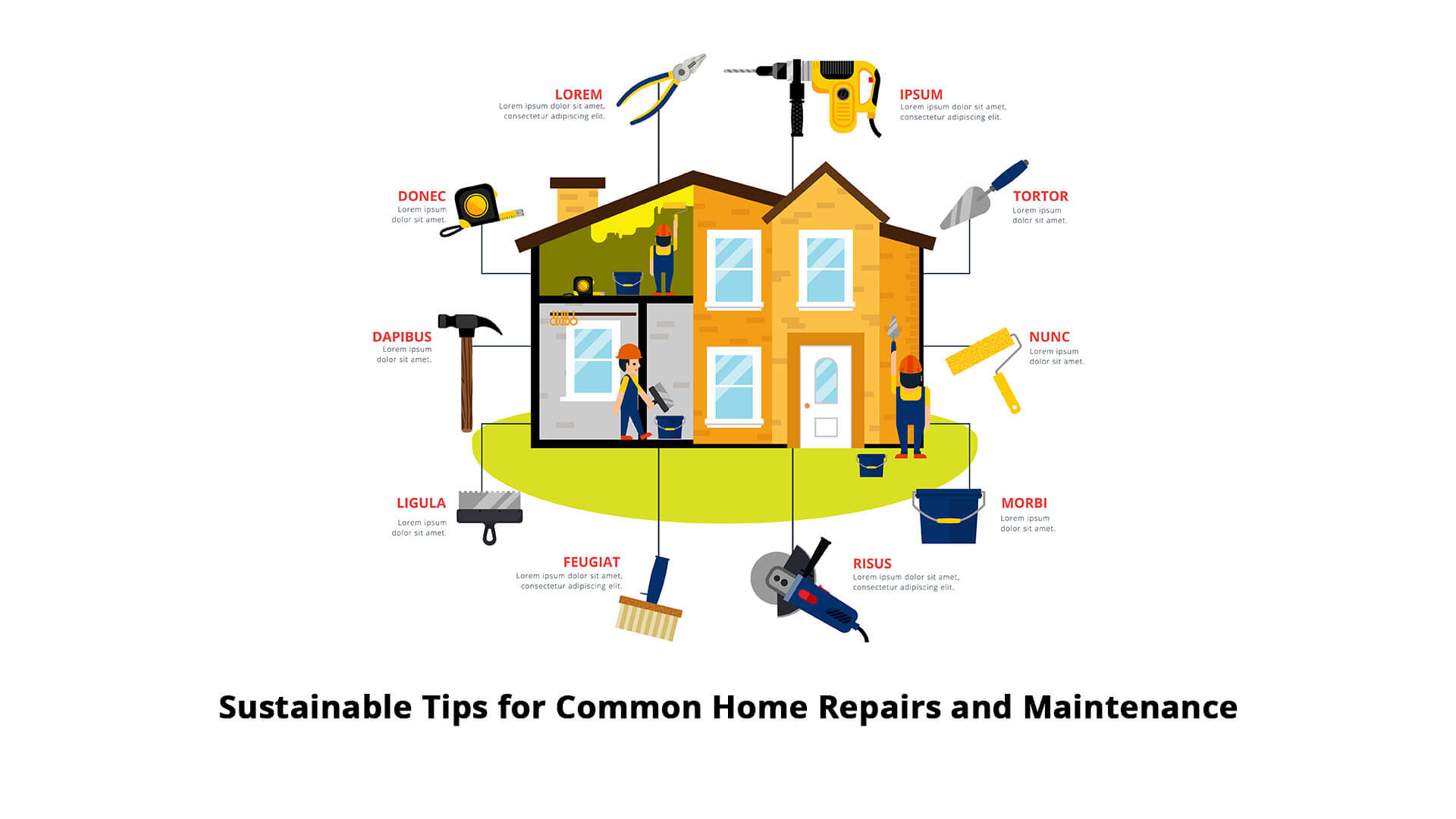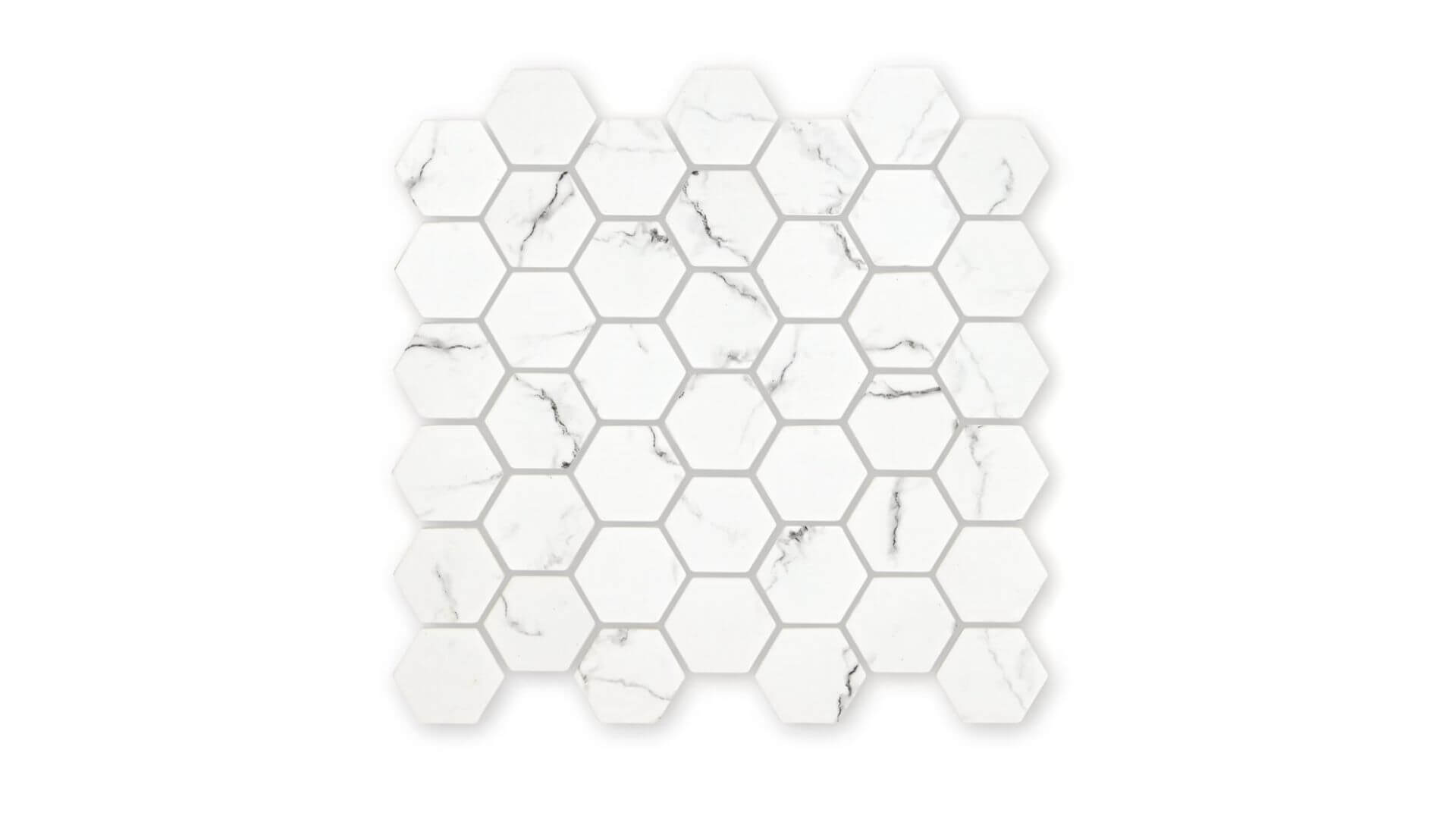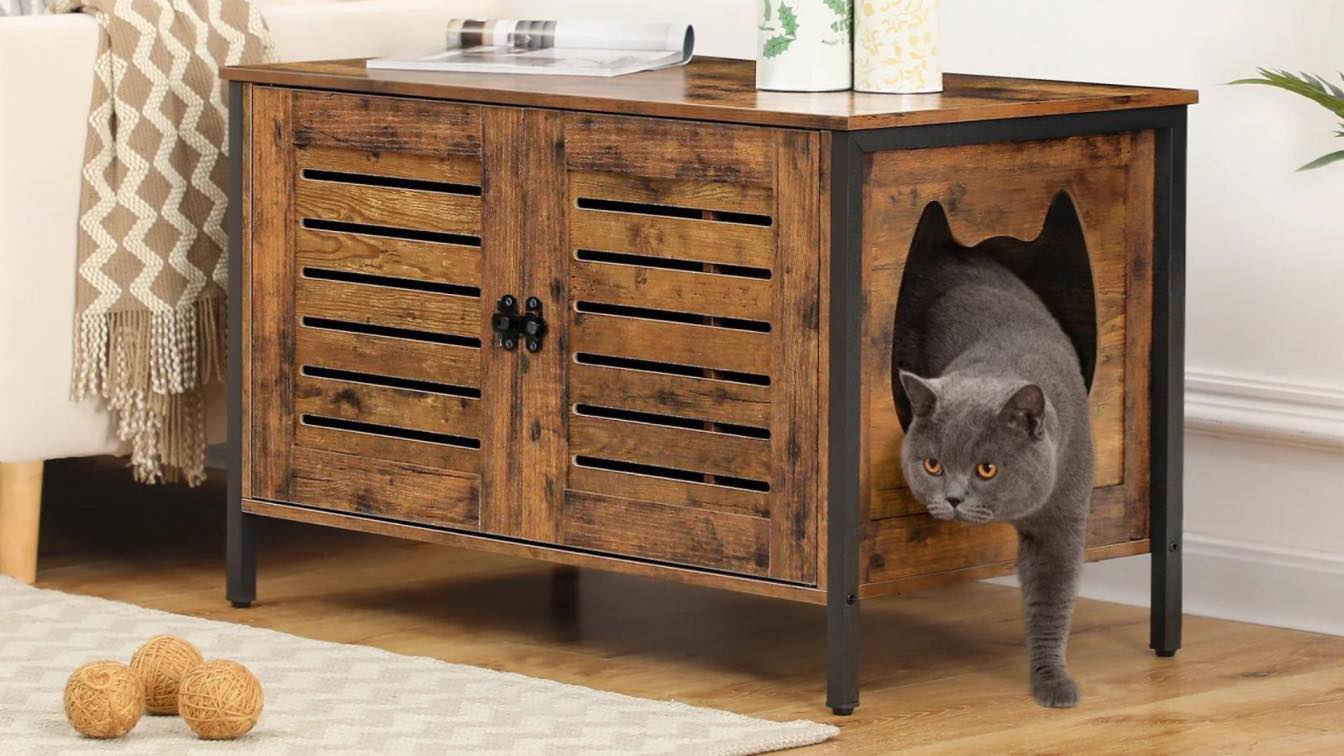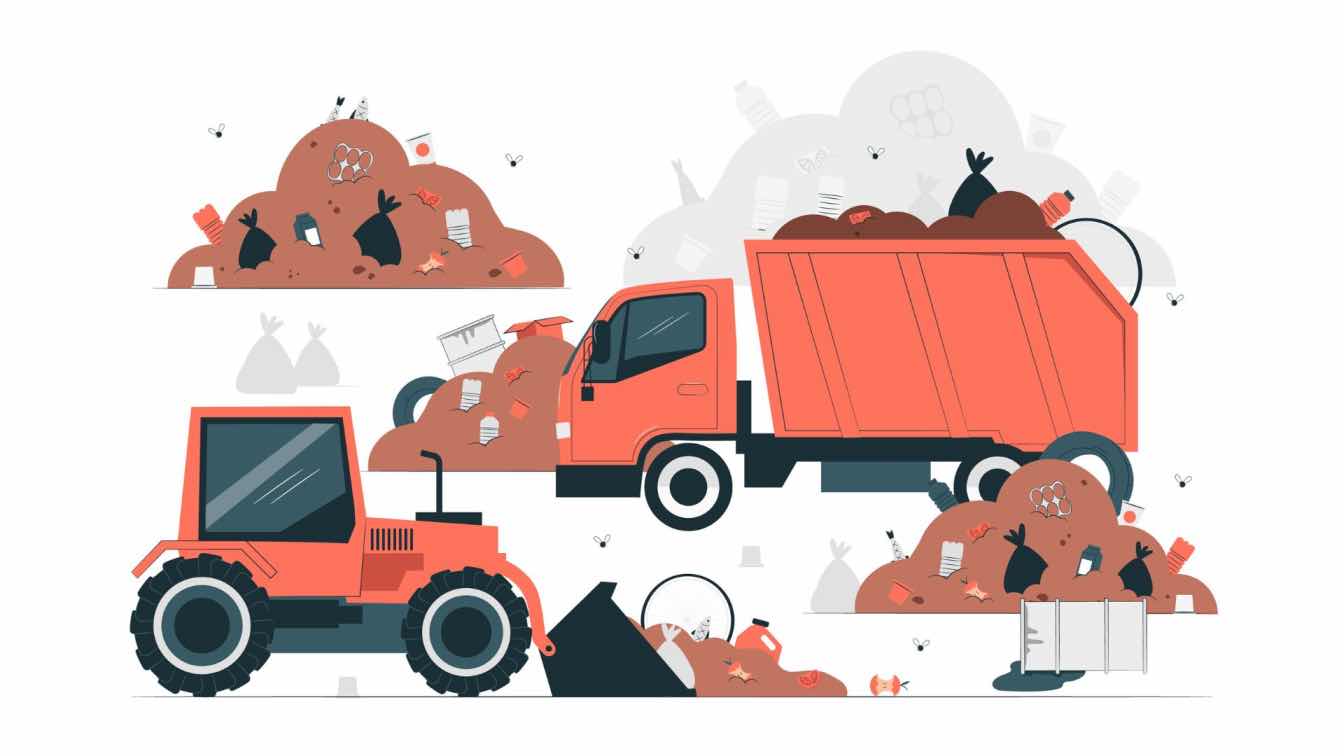Welcome to our blog post on sustainable tips for common home repairs and maintenance! As homeowners, it's important that we take care of our houses not just for ourselves, but also for the environment. Simple changes in our home repair and maintenance habits can have a huge impact on reducing waste and energy consumption. In this article, we'll share four tips that will help you keep your home in top shape while also being kind to the planet. So let's dive right in!
Inspect your home regularly
Regular home inspections are a crucial part of keeping your house in good condition. By inspecting your home on a regular basis, you can identify and address minor issues before they turn into major problems. Check the exterior of your home. Look for any signs of damage or wear and tear, such as cracks in the foundation, peeling paint, or missing shingles. These issues can lead to bigger problems if left unchecked.
Move inside and look at each room individually. Check for water leaks from faucets or pipes that could cause mold growth or water damage over time. Inspect electrical outlets and appliances to ensure they're functioning properly. Don't forget about the attic and basement! These areas are often overlooked but can harbor hidden dangers like pests or structural damage.
If you have a garden or outdoor space, make sure to inspect it regularly too. Check for dead branches on trees that could pose a risk during storms and keep an eye out for invasive plants that could be harmful to local wildlife. Conducting regular inspections around your home both inside and outside alike will help prevent potentially costly repairs down the line while also ensuring its future sustainability by catching small maintenance tasks early before they grow into larger ones.
Hire a professional
When it comes to home repairs and maintenance, hiring a professional may seem like an unnecessary expense. However, attempting to fix things on your own can sometimes lead to even bigger problems down the line. That's why it's important to consider bringing in a trained expert for certain tasks.
Professionals have years of experience and knowledge that they bring to the table. They know how to identify underlying issues that may not be immediately apparent, as well as how best to address them. This can save you time and money in the long run by preventing further damage or having to redo work.
For example, your bathroom plumbing may seem like a simple job, but if you don’t have the right tools or experience, it can quickly become a much bigger problem. Air conditioning fans and HVAC systems can likewise be tricky to repair by yourself. The people from Sherrell Air advise you to remove the covers from your fans and wash them thoroughly with soap and water. Once the covers are off, use a toothbrush to clean the fan blades before reapplying the cover. Finally, you’ll want to take a look at the condenser coils to make sure they’re not clogged with dust and debris.
Do your research
Start by researching the problem itself. What caused it? How can you fix it? Look up tutorials or how-to guides online that offer step-by-step instructions for tackling common repair issues. Research your options for materials and tools. Consider factors like cost, durability, and environmental impact when choosing products. Opting for sustainable materials may cost a bit more upfront but could save you money in the long run through energy efficiency or reduced need for frequent replacements.
Consider long-term effects
When it comes to home repairs and maintenance, it's easy to focus solely on short-term solutions. For instance, you may choose a cheaper fix for your leaky faucet without thinking about the long-term effects of that decision. One important thing to consider is how your repair or maintenance choices will impact the environment. Opting for sustainable materials and energy-efficient upgrades can not only benefit the planet but also save you money in the long run.
Another factor to keep in mind is durability. While a cheap fix may seem like a good idea at first, it could end up costing you more down the line if you need to replace or repair it again soon after. Choosing high-quality materials and investing in proper installation can ensure that your repairs last longer. Think about how your choices will affect your home's value. If you plan on selling your home in the future, making eco-friendly upgrades and using durable materials can increase its resale value and attract potential buyers who prioritize sustainability.
In summary, keeping your home in good condition is an essential aspect of homeownership. It not only helps to maintain the value of your property but also ensures the safety and comfort of those who live there. By following these sustainable tips for common home repairs and maintenance, you can make a positive impact on both the environment and your wallet.





